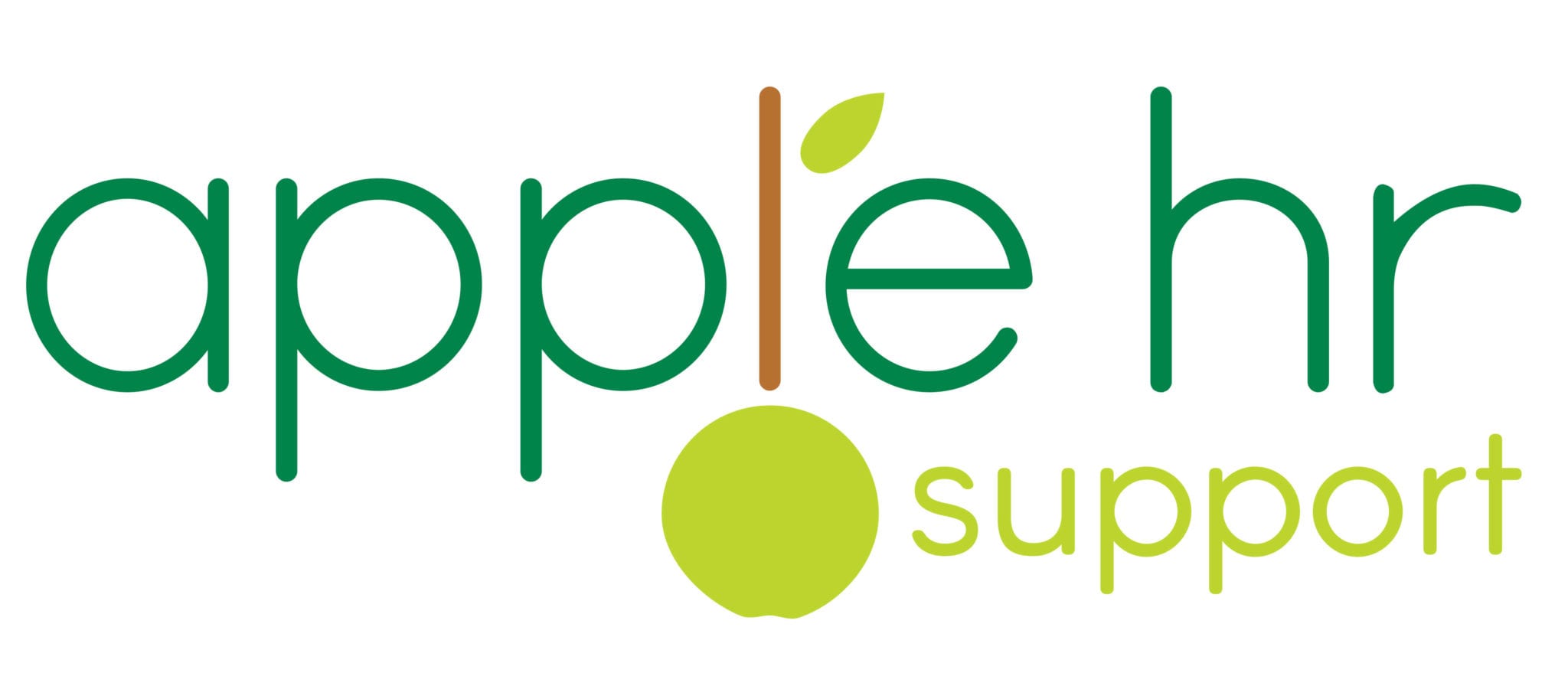What is the EU Settlement Scheme?
On 31 December 2020, free movement ended for EEA and Swiss nationals due to the end of the Brexit transition period.
EEA citizens were given until 30 June 2021 to secure longer term residency rights. This would be done by making an application under the EU Settlement Scheme (EUSS).
The outcome of this application would give citizens either:
- SETTLED STATUS – more than 5 years’ continuous residence, an indefinite right to live and work in the UK.
- PRE-SETTLED STATUS – less than 5 years’ continuous residence, provides a 5 year right on the basis that an application for settled status can be made once 5 years’ continuous residence has been obtained.
Obtaining either status is free and there is no requirement to be employed by a sponsor licence holder. There are no restrictions on the type of employment an EEA citizen can undertake in the UK once they have one of these status’.
If an application was not made by the deadline of 30 June 2021, a person who would have been eligible under the EUSS has now become unlawfully resident in the UK (other than in a limited number of situations) unless they have an alternative legal basis to remain, and they therefore will have lost their legal right to work.
What must employers do?
Employers have no authority to oblige employees to prove their status under the EUSS, whether before or after the 30 June deadline for applications.
From 1 July 2021, any new EEA recruits now need to provide evidence of EUSS status or an alternative right to work e.g. sponsorship or a partner visa.
Employers are not expected to distinguish between EEA nationals who are eligible (arrived before 31 December 2020) and who may not be (arrived after this date). Demanding evidence could be discriminatory. It may be best to have a gentle conversation and sensitively encourage candidates to volunteer information regarding their status themselves.
The Home Office guidance makes it clear that employers who have undertaken legally compliant right to work checks of EEA passports or ID cards before employing EEA nationals will continue to retain the statutory excuse against the civil offence of employing illegal workers. Therefore unless the business has actual knowledge, or reasonable grounds to believe, that an individual hasn’t made an application in time (in which case separate criminal sanctions may apply), there may be little practical risk of employing an EEA national who has not made an application in time.
Although, in order to benefit from the statutory excuse, the checks must be done in the prescribed manner and before employment commenced.
What are the consequences of non-compliance?
Civil penalties of fines up to £20,000 per illegal worker if the Home Office discovers they are employing EEA workers who have not made an application under the EUSS from 1st July. It is highly likely that right to work documents for EEA nationals will be more rigorously checked during Home Office compliance visits now, and therefore this is something employers need to be actively turning their attention to given the potentially serious financial consequences, as well as resourcing challenges the business will face if EEA workers may have to be let go.
How should you carry out ‘Right to Work’ checks?
Undertaking retrospective checks is not a legal obligation and could be seen as discriminatory. Approaching with caution is advised. It is a good idea to ask all members of staff to prove their right to work and not just EEA citizens.
Things employers need to think about:
- Auditing their workforce to assess the proportion of EEA workers and whether this is likely to be a significant issue;
- Sending gentle reminders along with links to the latest government information for EEA nationals;
- Assisting those who obtain time limited pre-settled status to track when their application for settled status will become due.
If you are still unsure of your obligations or are worried about how this may affect your business then please send your queries to info@applehr.co.uk and we will do our best to assist you.


